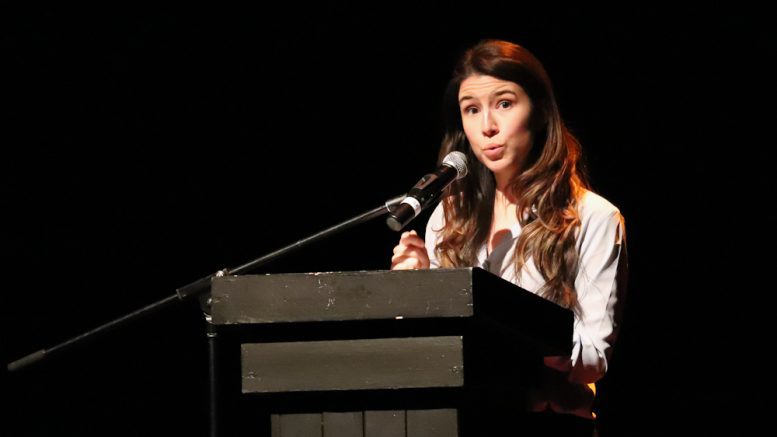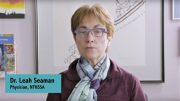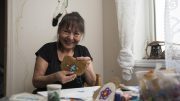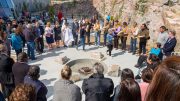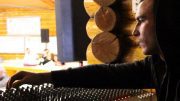Parasites take over a body—or host—multiply, weaken the host and drain it of its nutrients.
That’s exactly what happened when colonizers came over from Europe to Turtle Island, says Dr. Donna May Kimmliardjuk.
And she would know, Dr. Kimmliardjuk is both a physician and Indigenous—she’s the first Inuk heart surgeon in Canada.
Dr. Kimmliardjuk delivered the analogy at an event last week hosted by Hotıì ts’eeda, a health research organization rooted in traditional knowledge.
She specified that it wasn’t European people that were the parasites but rather the act of colonization itself.
“The host—Indigenous people, culture and communities—have been sick,” she explained. “And it takes time to recover from that. It doesn’t just happen overnight and doesn’t just happen in a generation. But I do think the host is slowly and surely adapting to the parasite and evolving to function with it.”
She went on to explain how adaptation is key because “fighting it has been futile.”
“For our communities to become healthy again, we turn to our immune cells… Those are our tools that we have to enable our body, our communities to be strong and healthy. Using what is ingrained in us, which is our culture, our language, our ceremonies, our families to give us strength and allow to cope with this parasite.”
There’s also the need for outside help. Much like a person would need antibiotics to heal from infection, Dr. Kimmliardjuk says non-Indigenous allies can be that outside support.
With all of these factors now coming together, she said Indigenous health is getting better—slowly but surely.
“This parasite got us so sick we were in the intensive care unit,” she said, “We were on the brink of death and have been sick for so long that the recovery is going to be just as long, if not longer. But as we reclaim our cultures, we can shift our energies and our focus from solely on the negatives or solely on just surviving and change it to recovery and regaining our strength and even thriving with rich culture.”
Dr. Kimmliardjuk finished by saying Western medicine is finally adopting Indigneous teachings of wellness, which looks at patients more holistically to ensure their “physical ailment but also the mental, emotional and spiritual health” is addressed as well.
Listen to an excerpt of Dr. Kimmliardjuk’s speech below.
Healing stories
Following the hopeful tone of Dr. Kimmliardjuk’s speech, other presenters spoke about relying on culture to heal.
Truth and Reconciliation Commissioner Marie Wilson reflected on the stories and resilience she heard during the TRC.
John B. Zoe is the chairperson of Hotıì ts’eeda and talked about the benefits of being out on the land. Physical and mental health, community, knowledge, tradition, all prosper from time spent on the land.
Jennie Vandermeer shared her personal experience with substance abuse and healing through her Dene culture. She also spoke about breaking the cycle of the negative effects of intergenerational trauma.
Dr. Malcolm King is a member of the Mississaugas of the New Credit First Nation in Saskatchewan, and spoke about bridging the gap between Indigneous and Western knowledge in health research.
Finally, Be’sha Blondin, a traditional healing expert who works with the Arctic Indigenous Wellness Foundation in Yellowknife told stories about her healing experiences.
About 150 people attended the talks. The event was part of Hotıì ts’eeda’s three-day annual gathering, which wrapped up last Friday.

